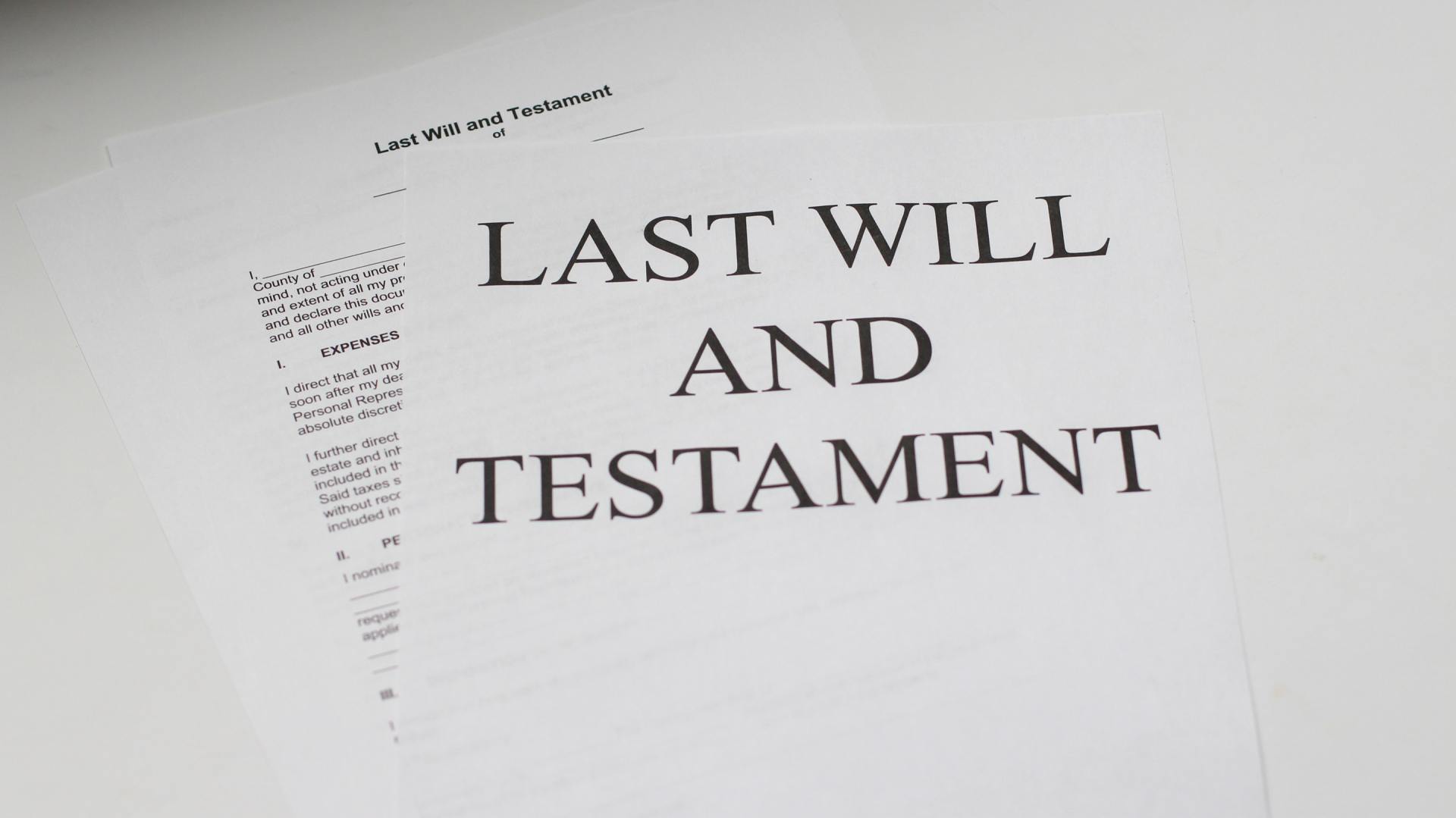WILL & TRUST LEGAL NEWS BLOG
Check out our current legal blogs for will & trust news and stay on top of what is going on in will & trust law.
NEWS IN WILLS & TRUSTS


Clients Are Our focus!
Our Dallas lawyers represent individuals, small businesses, entrepreneurs, and creative artists and inventors. Whether you need to start a new business, file a trademark, negotiate a contract, our lawyers are ready to serve your diverse needs. Our business and litigation lawyers also represent and defend clients in court throughout the United States, including the U.S. District Courts for the Eastern District of Texas, the Northern District of Texas, and the Western District of Texas.
Business Resources & Services
Need any help?
Industry Resources & Services
- Alcohol & Beverage Law
- Blockchain Law
- Cosmetics Product Law
- Crypto-currency Law
- Cyber-security Law
- Digital Marketing
- eCommerce Law
- Energy Law
- Fashion Industry Law
- Health Technology Law
- Oil & Gas Law
- Product Industry Overview
- Professional Services law
- Real Estate Development Law
- Restaurant Services Law
- Retail Business Law
- Software Industry Law
- Sporting Goods Law
- Technology Law
- Video Gaming Industry Law
CLIENT MATTERS
5,000+
YEARS OF SERVICE
25+
Award Winning
Recognized in the legal industry as dedicated board-certified lawyers and Rising Stars.
Expert Team
Your project will be handled by legal experts every time. You will have the most experienced attorneys working for you.
Quality Representation
Located in Bent Tree Plaza Just North of the North Dallas Tollway and Keller Springs Rd.
Wilson Legal Group P.C.
16610 Dallas Parkway, Suite 1000
Dallas, Texas 75248
(972) 248-8080
(972) 248-8088
For more information on how we can assist in your intellectual property, commercial litigation, or other personal needs, let us know how we can help you:
Contact Us
We will get back to you as soon as possible.
Please try again later.
Disclaimer:
This form does not establish an attorney-client relationship, and should only be used to contact the firm about scheduling a call or meeting. No confidential or sensitive information should be sent using this form.
Wilson Legal Group P.C.
d/b/a Wilson Whitaker Rynell
(972) 248-8080 (Dallas) MAIN OFFICE
(713) 830-2207 (Houston) Appointment Only
(512) 691-4100 (Austin) Appointment Only
For more information on how we can assist in your intellectual property, commercial litigation, or other personal needs, let us know how we can help you:
Contact Us - Main Page
We will get back to you as soon as possible.
Please try again later.
Disclaimer:
This form does not establish an attorney-client relationship, and should only be used to contact the firm about scheduling a call or meeting. No confidential or sensitive information should be sent using this form.
The law office of Wilson Legal Group P.C. (d/b/a Wilson Whitaker Rynell) represents clients nationwide, including Dallas, Austin, Houston, and other Texas areas such as Fort Worth, Arlington, Carrollton, Plano, Allen, Lewisville, Flower Mound, Irving, Denton, McKinney, North Richland Hills, and all cities within Dallas County, Tarrant County, Collin County, and Denton County.
SERVICES
OFFICES
ABOUT
CONTACT
BLOG
JOIN OUR NEWSLETTER
Wilson Whitaker Rynell
16610 Dallas Parkway, Suite 1000
Dallas, Texas 75248
972-248-8080 (MAIN)
972-248-8088 (FAX)
info@wrrlegal.com (E-MAIL)














